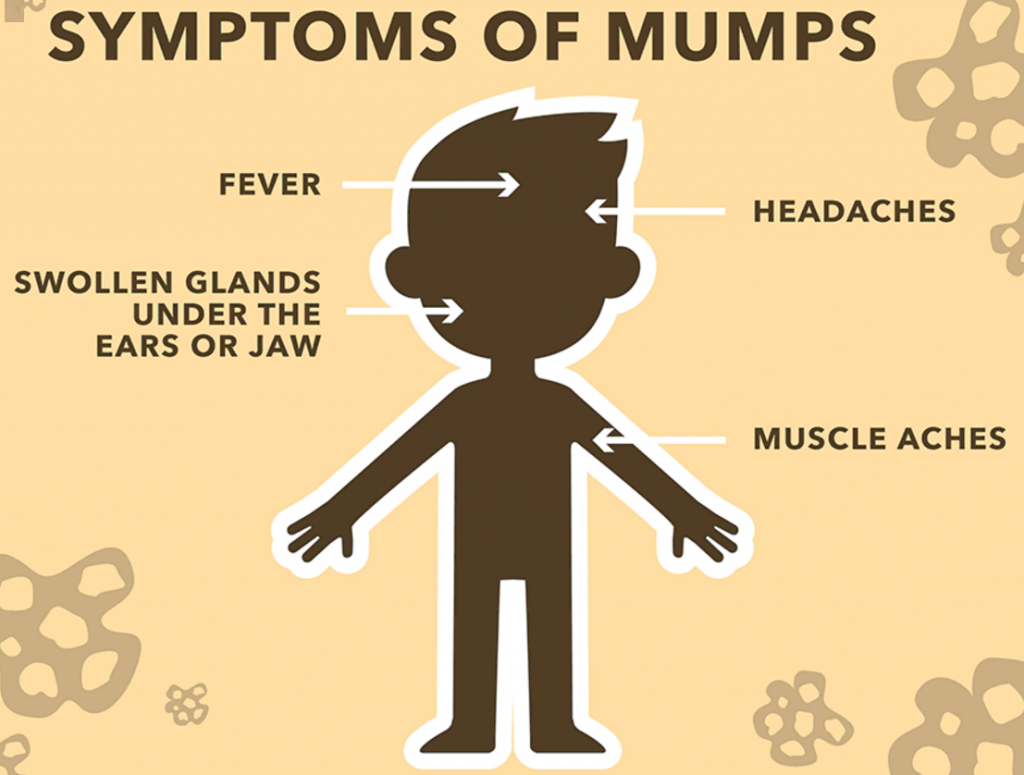About a week after Texas Christian University (TCU) officials reported on a single mumps case in the community, Tarrant County, Texas health officials report additional mumps cases involving individuals at TCU.

An exact number of cases has not been released as the health department says they do not release exact case numbers when the number of cases is fewer than five.
Tarrant County Public Health (TCPH) is actively working with school officials to trace possible contacts, assess immune status and offer immunizations for those who have not completed their MMR (Measles, Mumps and Rubella) vaccine series. An additional dose of MMR vaccine is also being offered to those who have previously received a MMR vaccine series but are at an increased risk of acquiring mumps due to recent exposure.
Mumps is spread by contact with an infected person, through coughing, sneezing or sharing items such as cups or eating utensils with others. It typically starts with a few days of fever, headache, muscle aches, tiredness, and loss of appetite, followed by a swollen jaw and puffy cheeks. Mumps can be serious, but most people with mumps recover completely in a few weeks. Some people who get mumps have very mild symptoms or no symptoms at all.
“Mumps is a contagious disease but it is preventable by MMR vaccine,” says Health Director Vinny Taneja. “We are supporting TCU by working with all known contacts and the university. At this time the general public is not at risk.”
TCPH would like to remind residents that mumps is a vaccine-preventable disease. The standard practice of receiving two vaccines helps protect individuals and the community against mumps. Those who have not been immunized against mumps should contact their healthcare provider to receive an MMR vaccine.
Most people born in 1957 or after should have documentation of at least one dose of MMR vaccine or other evidence of immunity to mumps. The Centers for Disease Control and Prevention recommends two doses of the vaccine and an additional dose for those at increased risk for acquiring mumps because of an outbreak. The first dose should be given at 12 months of age and the second between the ages of four to six years.
- Measles: Minnesota reports 3rd travel-related case in six weeks
- Zimbabwe cholera outbreak update: ‘Evolving rapidly and affecting mainly Harare City’
- Experimental nasal flu vaccine tested in children and teens
- Thailand dengue: Warning issued for Bangkok
- Undocumented immigrants and the import of infectious diseases: A real health security risk to the US?
- Ebola research: Studies show how antibodies can bind to the virus and stop infection

